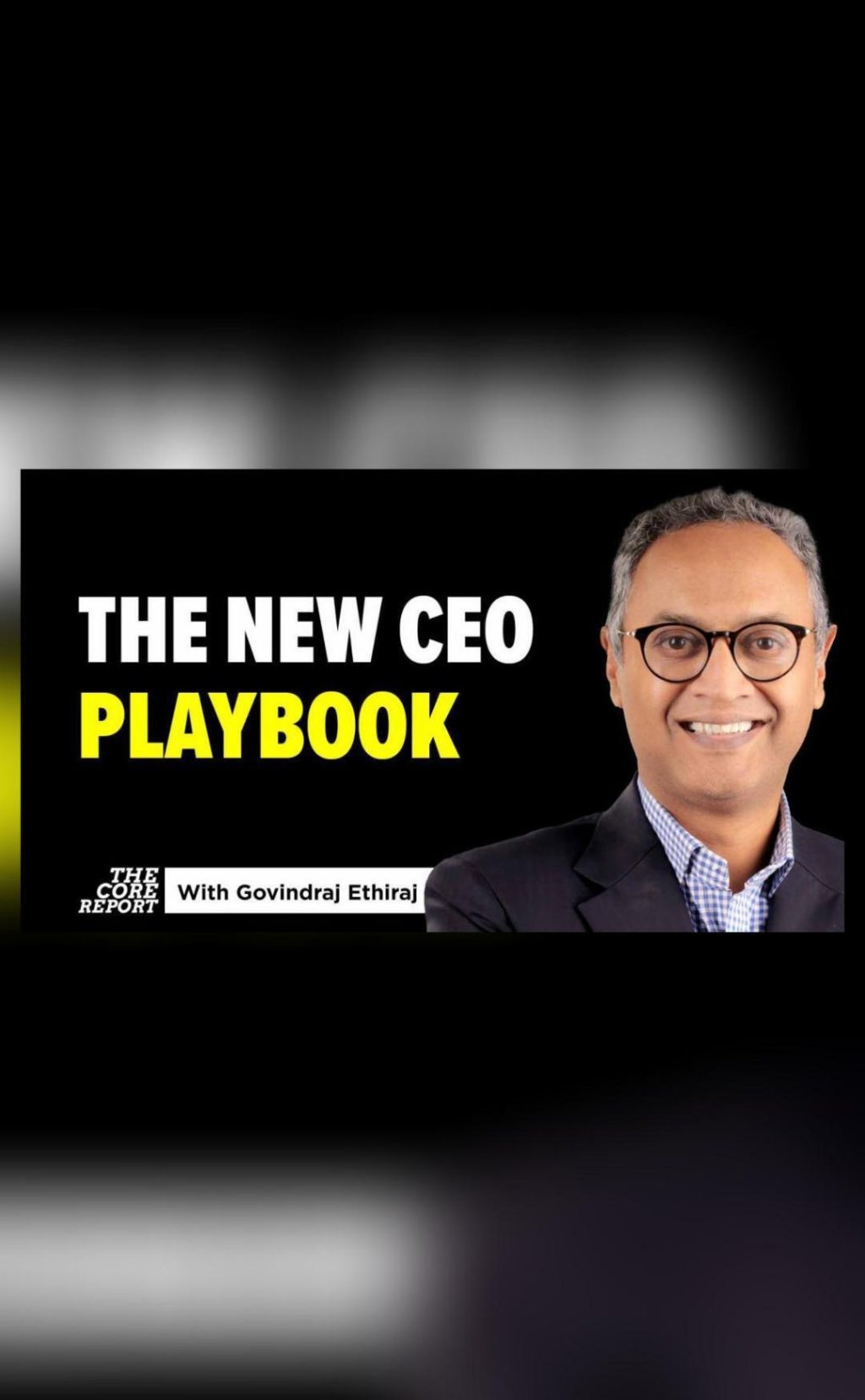
The New CEO Playbook: AI Pressures & Global Tariff Shocks
As we navigate the turbulent landscape of the 21st century, CEOs are facing an unprecedented array of challenges. The rapid advancement of artificial intelligence (AI) is reshaping industries, while global tariff shocks are disrupting trade patterns. In this environment, business leaders must rethink their strategy and operations to remain competitive and agile. In this blog post, we’ll explore the new CEO playbook and the key takeaways for navigating these uncharted waters.
AI Pressures: The Need for Automation and Innovation
Artificial intelligence is transforming industries at a pace that’s both exhilarating and intimidating. As AI-powered automation replaces manual processes, companies must adapt quickly to remain relevant. CEOs are under pressure to invest in AI-driven technologies, upskill their workforce, and innovate new products and services.
The consequences of inaction are stark. According to a McKinsey report, companies that fail to adopt AI may see their productivity lag behind the competition by up to 15 percentage points. In a world where speed and agility are key, CEOs must prioritize AI adoption to stay ahead of the curve.
Global Tariff Shocks: The Impact on Trade Patterns
Meanwhile, global tariff shocks are sending shockwaves through international trade. The ongoing trade war between the United States and China has led to a series of tariffs, each designed to protect domestic industries. However, the unintended consequences are far-reaching, with companies caught in the crossfire struggling to adapt.
The impact on trade patterns is significant. According to a report by the World Trade Organization, global trade growth is expected to slow to 2.5% in 2023, down from 4.5% in 2018. This slowdown will have far-reaching consequences, from reduced economic growth to increased inflation.
The New CEO Playbook: Localize, Adapt, and Reconsider
In this environment, CEOs must rethink their strategy and operations to remain competitive. The new CEO playbook is centered around three key principles:
- Localize: Companies must adapt to local market conditions, regulatory environments, and consumer preferences. This may involve establishing local subsidiaries, partnering with local businesses, or investing in localized supply chains.
- Adapt: CEOs must be agile and responsive to changing market conditions, consumer preferences, and regulatory environments. This may involve pivoting business models, investing in new technologies, or acquiring new companies.
- Reconsider: CEOs must rethink long-held business models and strategies in light of AI and tariff shocks. This may involve divesting non-core assets, rebranding, or repositioning the company for future success.
Case Studies: Companies That Are Thriving in the New CEO Playbook
Several companies are demonstrating the effectiveness of the new CEO playbook. Take, for example, the Japanese retailer, Uniqlo. In response to the rise of e-commerce, Uniqlo invested heavily in digital channels, establishing a strong online presence and leveraging AI-powered marketing. The company also adapted to local market conditions, partnering with local influencers and investing in localized supply chains.
Another example is the Swedish fashion brand, H&M. In response to the tariff shocks, H&M diversified its supply chain, investing in local manufacturing and reducing its reliance on Chinese suppliers. The company also adapted to changing consumer preferences, investing in sustainable fashion and second-hand clothing.
Conclusion: The New CEO Playbook for the AI-Age
The new CEO playbook is centered around three key principles: localize, adapt, and reconsider. In a world where AI is reshaping industries and tariff shocks are disrupting trade patterns, business leaders must rethink their strategy and operations to remain competitive. By adopting these principles, CEOs can navigate the challenges of the 21st century and position their companies for future success.
As we look to the future, one thing is clear: the world is changing at an unprecedented pace. CEOs must be agile, adaptable, and forward-thinking to remain relevant in this new world. By embracing the new CEO playbook, business leaders can thrive in the age of AI and global tariff shocks.
Source:
https://youtu.be/0osLVVtj7tY






